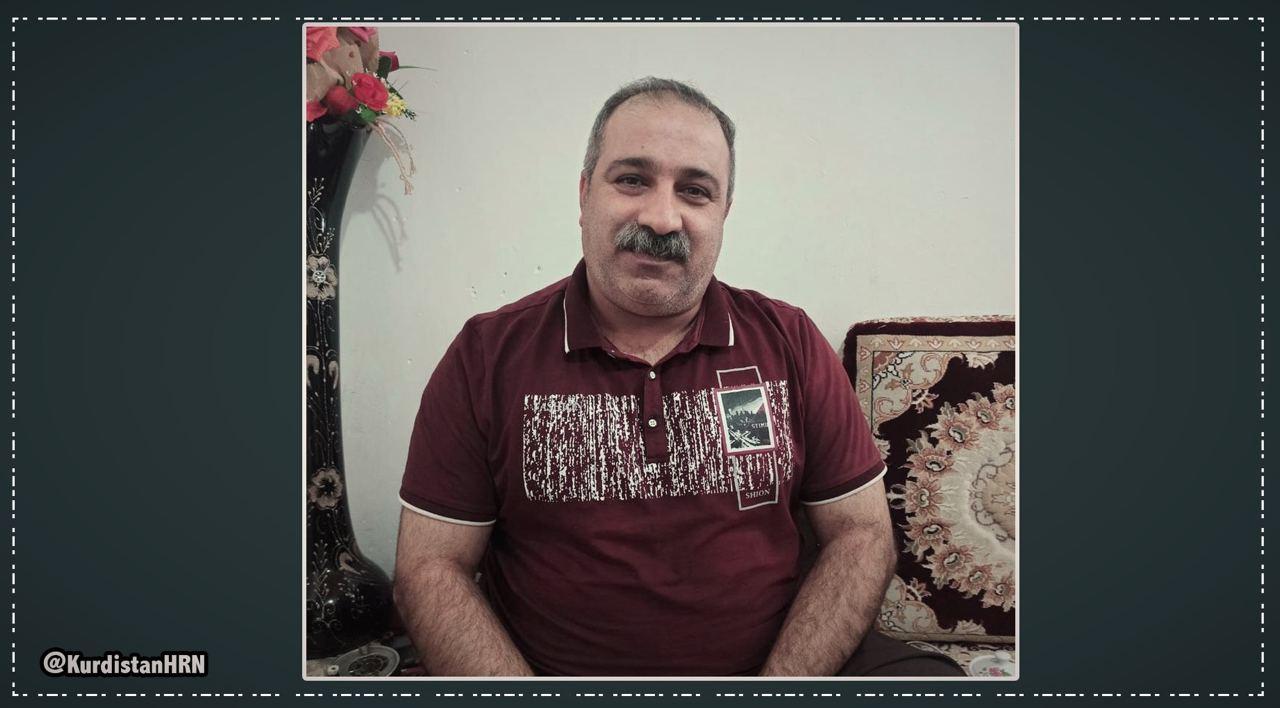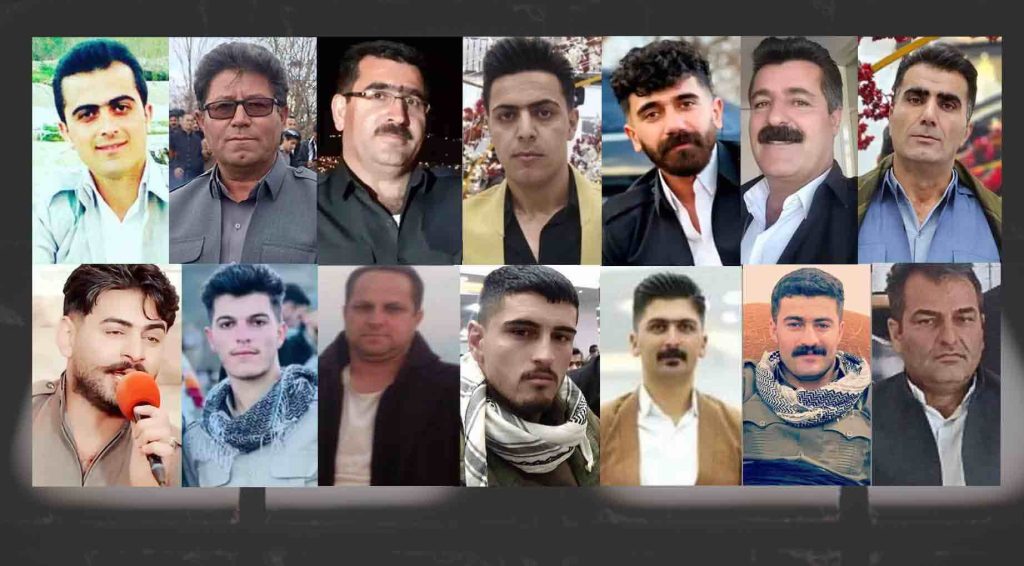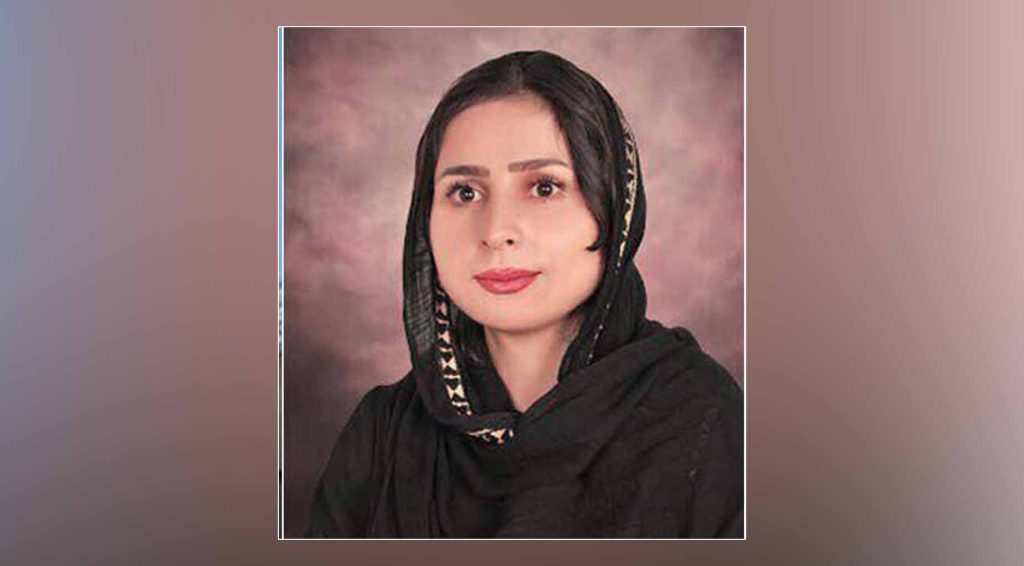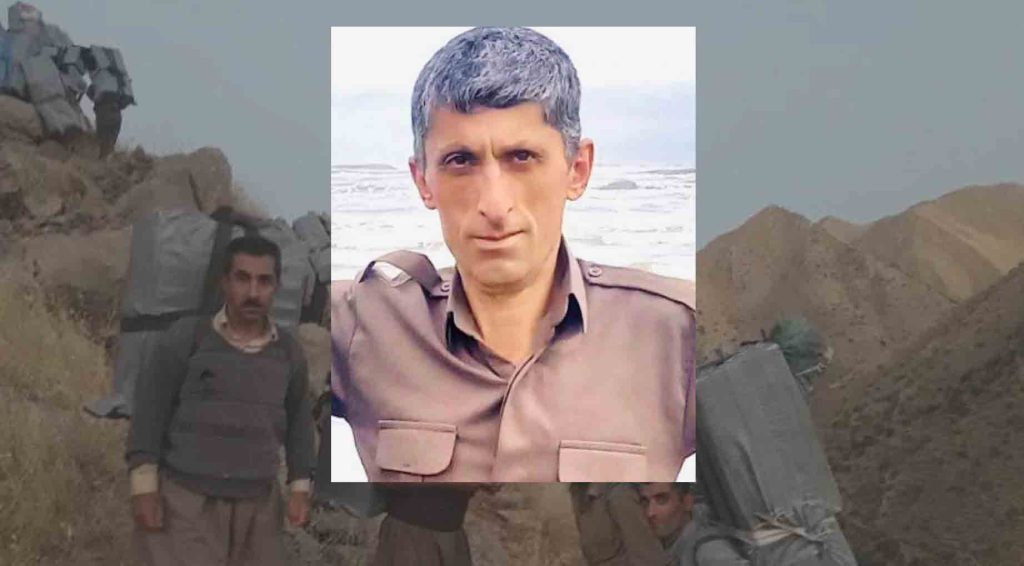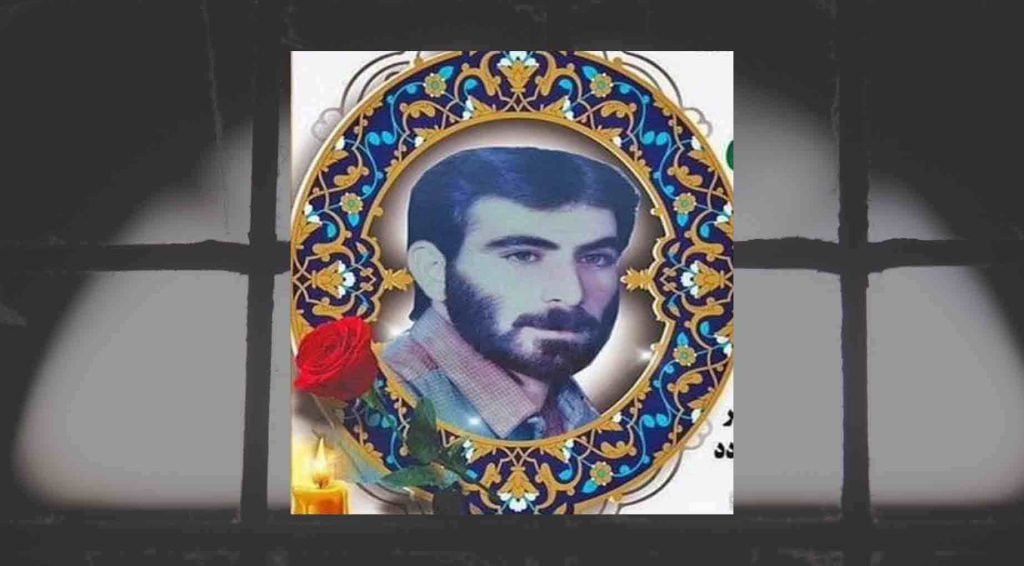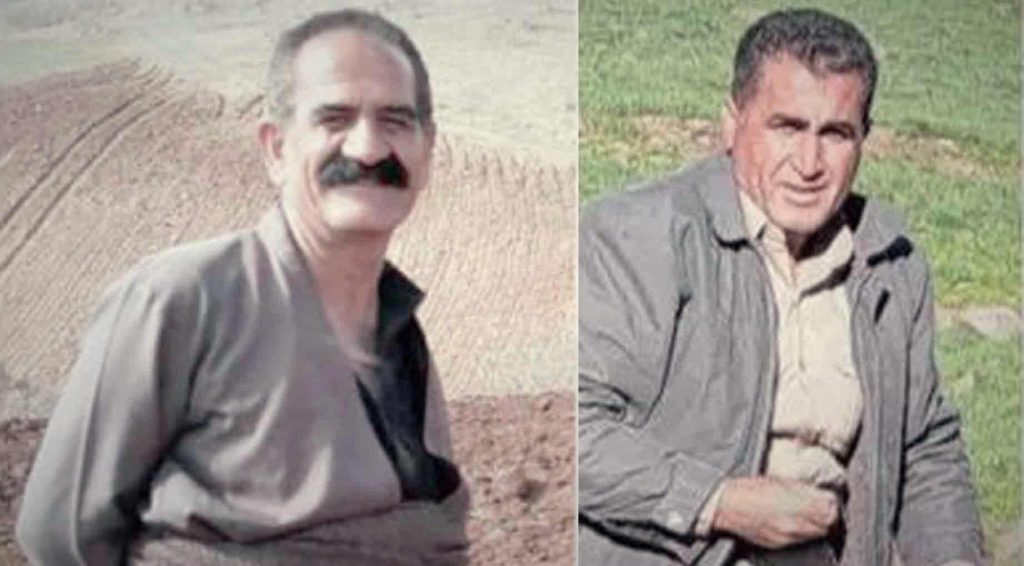The Islamic Revolutionary Court in Iran’s Sanandaj, Kurdistan province, has acquitted Kurdish activist Hossein Kamangar of the charge of “armed insurrection” (baghi).
Kamangar was held in detention for the past three years on the same charge and was pressured to make forced confessions.
The activist was finally released a month ago on a bail of 1 billion Tomans – nearly 40,000 USD.
Kamangar’s acquittal comes after the country’s Supreme Court overturned his 15-year prison sentence and referred the case to the Islamic Revolutionary Court of Sanandaj for review.
“Hossein Kamangar, a Kurdish prisoner arrested three years ago on charges of ‘armed insurrection’, was acquitted on 19 grounds”, said Kamangar’s lawyer Saleh Nikbakht in a statement.
The lawyer pointed out that his client had already been arrested three times by the security services, acquitted twice in the Islamic Revolutionary Court and the Military Court, and once the prosecutor’s office issued a decision of non-prosecution about him.
Nikbakht spoke on Kamangar’s last detention and said: “Hossein Kamangar was first arrested in the winter of 2019 on charges of being a member of the National Unity Party in Kamyaran, which is known to be a party founded by the government. During interrogation, he was accused of participating in the murder of Kouhsar Fatehi, the driver of the Kamyaran Red Crescent ambulance, and being the head of the sleeper cells of the [Kurdistan Free Life Party] PJAK. Although there was no justification for the allegations and he should have been released as before, 14-15 people who had been detained with him on charges of membership in the National Unity Party testified at the office of the intelligence ministry that Hossein Kamangar was coordinator of PJAK’s sleeper cells.”
The individuals who testified against Kamangar told the Kurdistan Human Rights Network (KHRN) that their statements were taken under duress and compulsion.
Nikbakht said in his statement that all of these individuals had been sentenced to one to three years suspended prison terms by the Islamic Revolutionary Courts.
He added that after their release, they appeared individually and in groups at Branch 1 of the Islamic Revolutionary Court of Sanandaj and at Kamyaran notary public, and signed confessions stating that what they had said about Kamangar was not true and that they had done it under force, special circumstances, and conditions of release.
On 19 January 2019, a few days after the beginning of a wave of mass arrests of Kurdish civilians and activists, who were members of the Kurdistan branch of the National Unity Party in Kamyaran and Sanandaj, the KHRN issued an analytical report based on its research saying that the existing concerns showed that the case would turn into a new security scenario.
The human rights group had also warned that detainees could be tortured and charged with serious security offences.
The KHRN also contacted Kouhsar Fatehi’s family about their son’s death. He was the driver of the Red Crescent ambulance, who was initially linked with the arrests by the security agencies and even the political, security, and police departments of the Kurdistan province.
The KHRN realised that Fatehi’s family was unaware of any links between the detentions and their son’s death and had heard about it only through the media.
Fatehi’s family also said that three months before the arrests, they had been informed by security officials that their son’s killers had died as a result of an operation by the Islamic Revolutionary Guard Corps (IRGC) in Kamyaran.
In a recent statement regarding the matter, Kamangaris lawyer confirmed that an investigation carried out during his client’s trial had revealed that Fatehi’s killer was another person who had been killed in a clash with IRGC forces.
Meanwhile, the Ministry of Intelligence that arrested Kamangar, tried to blame the murder on him and even succeeded in having a 15-year prison sentence issued for Kamangar in the court of first instance based on this false claim.
Reportedly, the Ministry of Intelligence still continues its efforts to appeal against Kamangar’s acquittal.
Speaking on the issuance of the 15-year prison sentence for Kamangar, Nikbakht said: “Branch 1 of the Islamic Revolutionary Court of Sanandaj separated Hossein Kamangar’s case from other defendants in the case of National Unity Party and charged him with ‘coordinating sleeper cells of PJAK and participating in the assassination of Kouhsar Fatehi, a Red Crescent ambulance driver, and armed uprising against the Islamic Republic of Iran known as baghi’. Despite the existence of numerous issues and unreliability of testimonies of defendants against each other according to the law, and their subsequent writings [stating their forced confessions against Hossein Kamangar], the court relied on the same [initial] testimonies and the report of the officer [of the Ministry of Intelligence] based on these forces testimonies and without any reason, reduced the charges against Kamangar from “armed insurrection” to “unarmed insurrection” and sentenced him to 15 years in prison.”
The lawyer added: “I was surprised by such an accusation because there is basically no ‘unarmed insurrection’. Despite the advice of the previous lawyer of the case, to refrain from appealing, lest his punishment be increased in the Supreme Court, based on the client’s request and my legal duty, I objected to the verdict and Branch 39 of the Supreme Court carefully studied the verdict and overturned the sentence due to the invalidity of the testimony of witnesses and the lack of other evidence.”
As a result of Nikbakht’s efforts and the follow-ups of Kamangar’s family and inquiries from the IRGC that Kamangar had no involvement in the murder of Kouhsar Fatehi, the Islamic Revolutionary Court finally ruled that the lawyer’s appeal against the previous court’s decision and the ruling of Branch 39 of the Supreme Court, which overturned a 15-year prison sentence, was correct.
The court dismissed the charge of “armed insurrection” against Kamangar and his involvement in the murder of Kouhsar Fatehi on 19 grounds.
The court ruling acquitted Kamangar based on the following:
- Defendant Hossein Kamangar was initially arrested on charges of membership in the National Unity Party and was later included in the case.
- Individuals who have made statements against him are themselves charged and one defendant’s claim against another cannot be cited legally. Also, all of them have taken their statements back, as described in the attachments, and they claim to have made these statements under duress in detention.
- The IRGC report explicitly states that Hossein Kamangar did not play a role in the operation. The IRGC’s statement is significant in that it has declared from the beginning that the operation was a terrorist operation.
- During all this continuous period, the accused has denied his connection with the operation.
- The accused has a history of innocence from membership in the group.
- This case is the culmination of a dispute between the Intelligence Organisation of the IRGC and the intelligence ministry regarding the main perpetrator of the assassination of martyr Fatehi.
Kaveh Kermanshahi, a member of the board of directors of the KHRN said: “The sentence is issued at a time when the Kurdish political prisoner has been under intense pressure for three years to plead guilty. After Hossein Kamangar was arrested on 5 January 2019, he was detained for several months and held in solitary confinement, denied his right to communicate with his family members. The political prisoner went on a hunger strike for three weeks in July 2019 to protest against the continuing uncertainty and his deprivation of contact with his family.”
The activist continued: “During this period, Nasrin Naqdi and Nahid Kamangar, the wife and daughter of the activist, were repeatedly summoned and interrogated by the intelligence offices of Kamyaran and Sanandaj. Nahid Kamangar was detained for two months. The purpose of the intelligence ministry was to put pressure on Hossein Kamangar through his family. But in the end, he made no confessions because the accusation against him was based on a mistake and according to a fake scenario by security forces.”
Kermanshahi emphasized that three years of Kamangar’s unreasonable detention of in the difficult conditions he endured and the consequences of the pressure on him should be legally compensated by the relevant institutions of the Islamic Republic of Iran: “Hossein Kamangar’s acquittal, which was carried out through the legal efforts of the lawyer and the family, once again showed how baseless and unsubstantiated the accusations attributed to the detained activists are. Parallel security institutions in the Islamic Republic of Iran victimize individuals in various ways in their security scenarios. There are many such cases, especially in Kurdistan, where these institutions have more power. One of the recent examples was Heydar Ghorbani, who was executed in Sanandaj on 19 December, despite the basic legal issues in the case and the absence of any confession, and only on the basis of allegations and cases filed by security agencies.”

